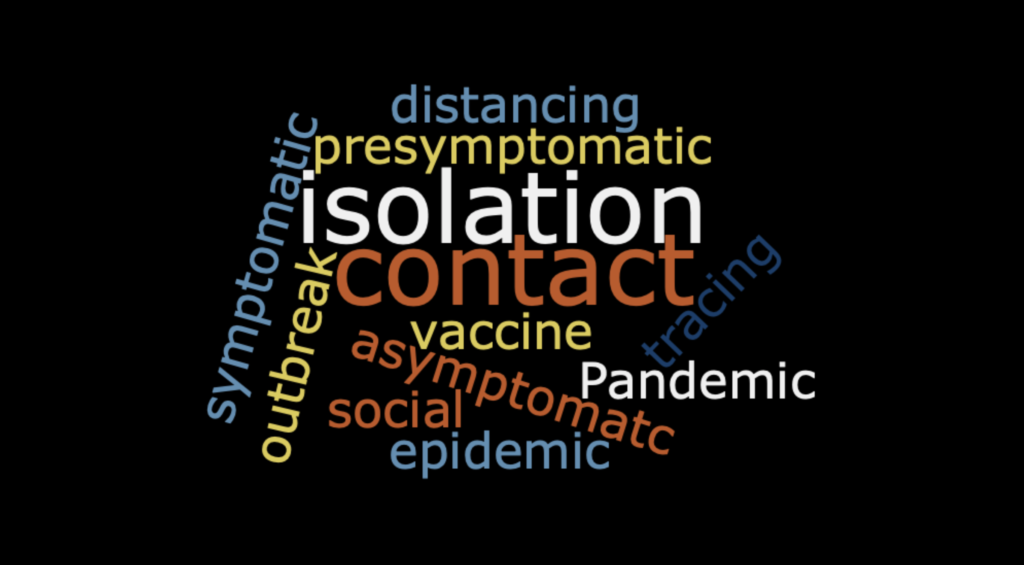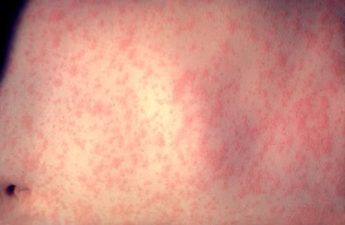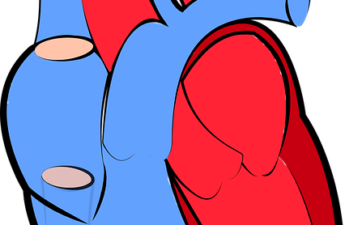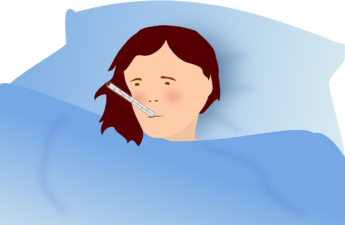x

Have you been talking so much about COVID-19 to your family and friends that you’re starting to sound like a professional? We’re so proud of you! Are you ready to take your usage of technical language to the next level? Don’t fall for these commonly-confused public health terms and phrases.
From the Washington State Department of Health
“It’s at epidemic proportions!”
Illness is a sad fact of life. We know at any given time some people are going to be sick. In fact, for many illnesses, we know about how many people are likely to be sick at a given time. That’s not the number of people we would like to see ill, but it’s how many usually are. Technically speaking, an epidemic is when more people are sick than we expect. A pandemic is an epidemic that has spread across different countries or continents. The phrase “at epidemic proportions” is just a non-public-health way of saying there is a lot of something.
So many ways to stay in your house: quarantine vs. isolation, close contact vs. confirmed case
The governor’s Stay Home, Stay Healthy order has had us at home for the last 6 weeks to slow the spread of COVID-19. Technically though, most of us haven’t been in quarantine; we’ve just been staying home. When a person has been exposed to someone with COVID-19, they may or may not get it themselves. We may not know if they have caught it or are able to spread COVID-19 until they get symptoms. By the time they have symptoms, they may already have spread it. To prevent this, public health workers ask people who have had close contact with someone with COVID-19 to stay in their homes for 14 days to see whether they develop symptoms. This is a quarantine and applies to people who are not currently sick. If someone has tested positive for COVID-19, public health workers also ask them to stay in their homes to avoid spreading it. We refer to this as isolation and it applies to people who are currently sick or recovering from COVID-19.
If you have been within six feet of someone who tests positive for COVID-19 for longer than 10 minutes when they may have been contagious, this makes you a close contact. You may not have any symptoms and may not even be infected with COVID-19. But since there is a chance you have caught it and could spread it before you feel sick, public health workers will ask you to quarantine for 14 days. If you test positive for COVID-19, this makes you a confirmed case and public health workers will ask you to isolate yourself until you are well.
How sick are you? Asymptomatic or presymptomatic; mild or serious illness
If you have COVID-19, you may be asymptomatic which means you have no symptoms. Most likely, you don’t have any symptoms yet. Presymptomatic is a more accurate way to say you don’t have any symptoms yet. People who are presymptomatic may still be able to spread COVID-19.
Once you have symptoms, hopefully, like most people, you’ll have mild illness. You can definitely spread COVID-19 easily to others at this point. Your mild illness may still make you feel miserable; you may have a fever and cough and feel exhausted. But, you’ll be able to tend to your illness without going to the hospital. Serious illness means you need hospital care. You may have a lot of trouble breathing or need supplemental oxygen.
Practice compassion.
Seeing others as people who matter just as much as you do is compassion. It’s taking concrete steps to help someone else physically, mentally, or emotionally. You know what to do. Reach out and help someone today.
More information
Stay tuned to our blog for more information on how you can help stop the spread of COVID-19. Sign up to be notified whenever we post new articles.
Information in this blog changes rapidly. Check the state’s COVID-19 website for up-to-date and reliable info at coronavirus.wa.gov.
Answers to your questions or concerns about COVID-19 in Washington state may be found at our website. You can also contact our call center at
1–800–525–0127. Hours: 6 am-10 pm, seven days a week.
Department of Health call center: 1–800–525–0127, 6 a.m. to 10 p.m, seven days a week
Please check our website for the most up-to-date info on Washington’s response to COVID-19 at www.doh.wa.gov/coronavirus.


